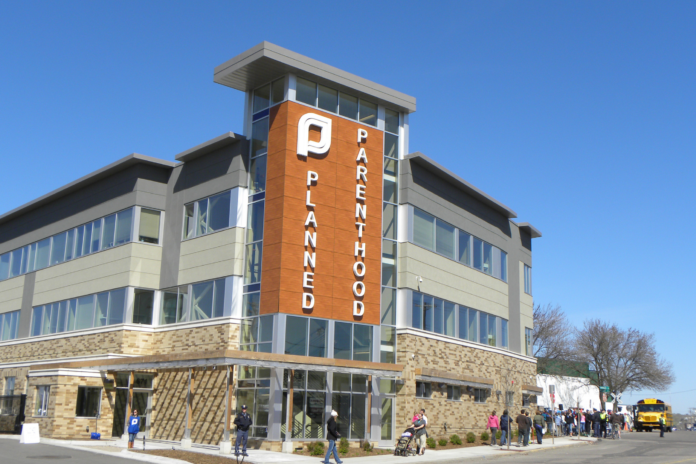2020 marked the lowest number of abortions performed in Minnesota since 1974, but the prevalence of chemical abortions reached an all-time high, according to a new report from the Minnesota Department of Health.
Abortionists performed 9,108 total abortions in the state last year, an 8% decrease from 2019’s 9,922. The abortion rate fell to an estimated 7.6 abortions per 1,000 women of reproductive age, a decline from 8.4 in 2019.
“Many pregnant women have faced difficult situations, especially during the last year. Yet more and more have met those challenges without the tragedy of abortion,” said Minnesota Citizens Concerned for Life (MCCL) Executive Director Scott Fischbach.
In addition to the COVID-19 pandemic, Fischbach attributed the decline to the work of pregnancy care centers and pro-life laws, such as the Positive Alternatives Program and the Woman’s Right to Know Act.
“Today’s report is very positive news for mothers and children,” he added.
MCCL analyzed the numbers and found that, despite the overall decline, Planned Parenthood reported a “startling” 16% single-year increase in its abortion total. The abortion giant performed a record 7,491 abortions in 2020, accounting for 82% of the total abortions performed.
According to MCCL, Planned Parenthood has “grown its abortion total for nine straight years — a 108 percent jump since 2011 — even as abortions at other facilities in Minnesota have fallen 78 percent over the same period.”
This is consistent with national trends.
Chemical abortions also reached an all-time high of 4,964 in 2020, a 34% increase over 2019. Last year was the first time chemical abortions accounted for more than half of the overall total.
MCCL blames this on a “new Minnesota organization” that began “sending chemical abortion drugs to women through the mail.” Planned Parenthood also expanded its chemical abortion services.
“Especially during the COVID-19 pandemic, abortion supporters have sought to make chemical abortions more widespread, even at the expense of women’s safety,” Fischbach commented. “Both women and unborn children deserve better.”
He said chemical abortions come with a greater risk because women don’t receive in-person medical examinations beforehand. He also pointed to a study in which “adverse events” occurred in 20% of chemical abortions.
The Minnesota Department of Health’s annual report tracks the reasons women seek abortions. Last year, rape or incest was the reason in less than 1% of abortions. The majority, 57%, said they don’t “want children at this time.” Another 18% cited “economic reasons” and 30% provided no reason at all.
A March Department of Human Services report revealed that Minnesota taxpayers reimbursed abortion providers for $1.1 million to cover 4,463 abortions in 2019.
The majority of Americans want restrictions on abortion after 12 weeks, according to a recent poll, yet some Democratic lawmakers are seeking to codify abortion access in Minnesota law.









